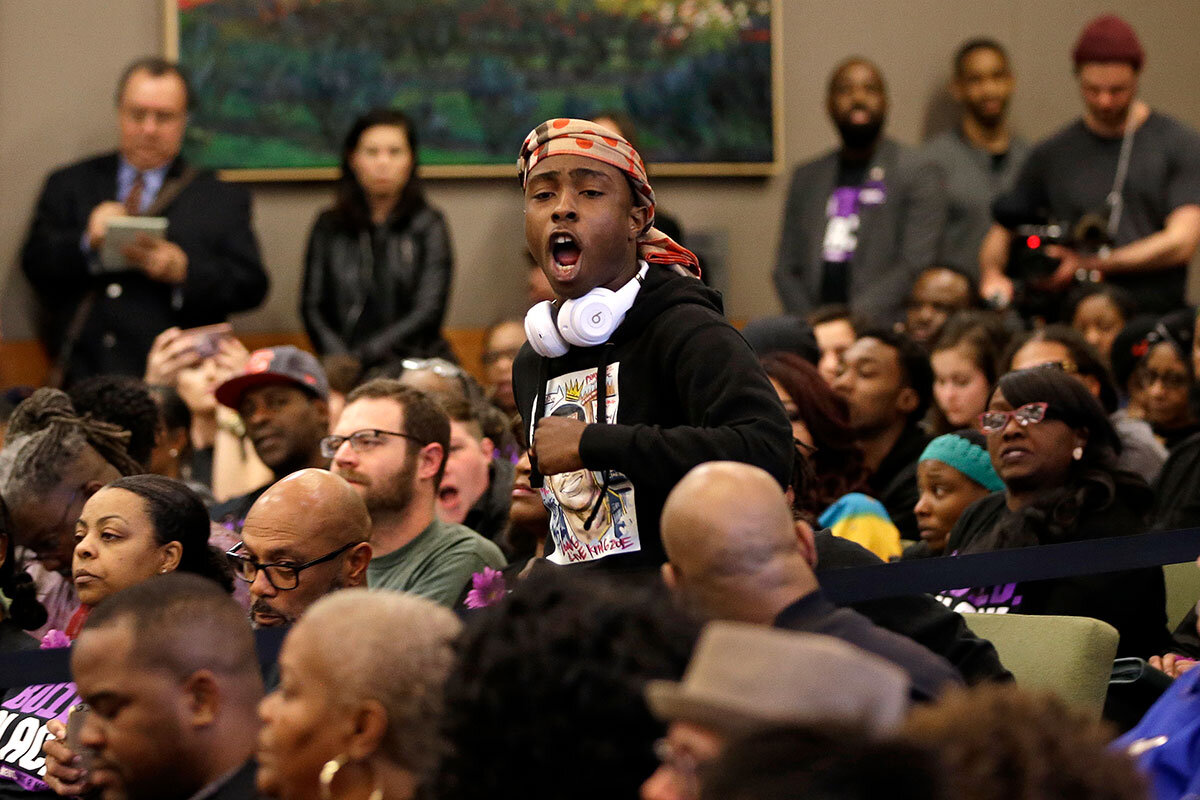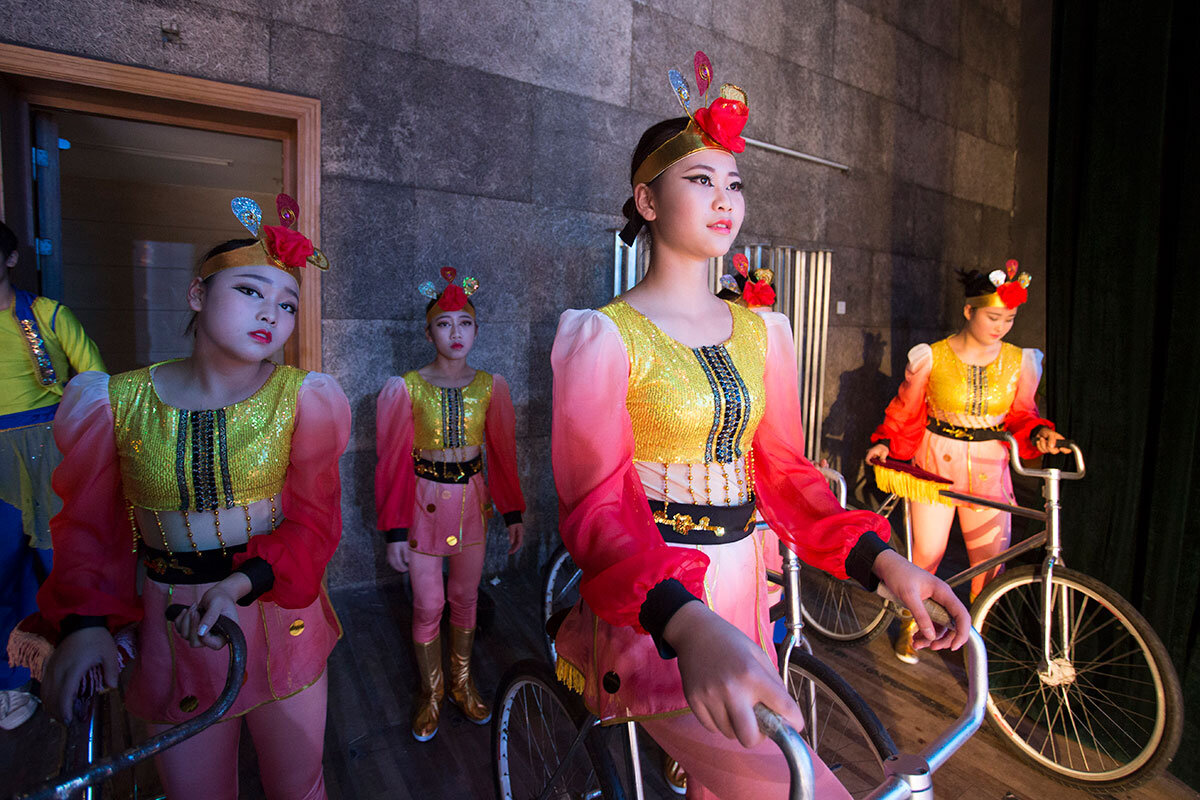Increasingly, President Trump is speaking appreciatively of America’s allies – including some with whom he’d taken a dismissive tone early on. One take on that: ‘America First’ has worked. Another: It’s a recognition that America needs partners. It could also be a little of both.
Monitor Daily Podcast
- Follow us:
- Apple Podcasts
- Spotify
- RSS Feed
- Download
 Clayton Collins
Clayton Collins
Spy wars continue, debate mounts over whether an affable physician should manage a troubled $186 billion federal agency, and the Chinese space station Heavenly Palace 1 tumbles toward Earth.
What else happened this week? Lots.
And, in the margins, global society kept up its slow struggle to advance tolerance and accommodation.
Girls-education activist Malala Yousafzai made a surprise visit to Pakistan five years after she was shot there. She hinted that she saw a different country than the one she left and that she hoped to one day return to stay. Costa Rica has elections this Sunday that hang partly on marriage equity.
Stories with far lower profiles offered small signs of shifting mind-sets. Women flight attendants for Cathay Pacific won the right to wear pants on the job. Young employees at the professional-services firm PwC have successfully rejected the all-hours workplace grind as “a holdover from an era when the rank and file was dominated by men from single-earner households.” Priorities and policies evolve.
Finally, the zeitgeist registered (as always) on television. Some 18 million people watched the reboot of “Roseanne,” in which the title character is a Trump supporter. The show delivered what one reviewer called “a more nuanced portrait [that] helps to humanize the white working class.” Others found it deeply problematic. But it got people talking.
Now to our five stories for your Friday, looking at delicate balancing acts in global diplomacy, policing, and students wanting to do well for themselves – and do good for others.










